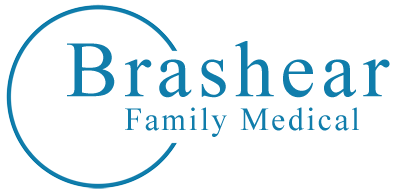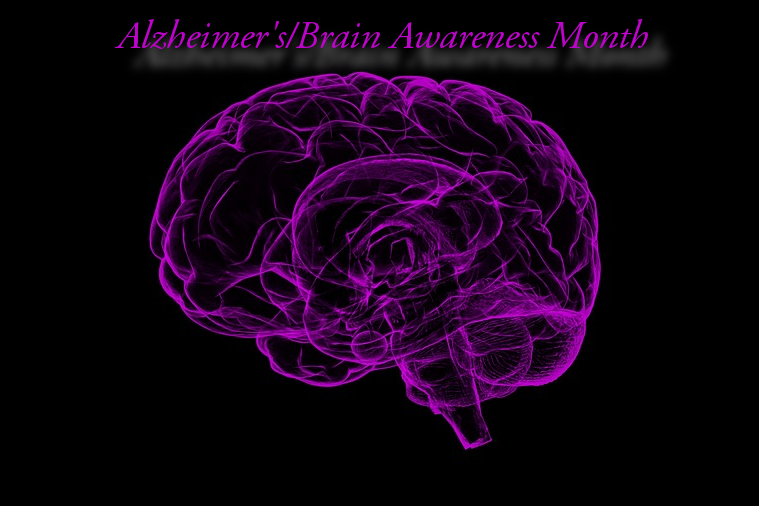June is Alzheimer’s and Brain Awareness Month — a time to shine a purple light for the millions of individuals living with Alzheimer’s. Especially during the month of June, Brashear Family Medical invites you to help by mobilizing friends, families, neighbors, co-workers and customers to help bring an end to Alzheimer’s disease.
Know the Facts About Alzheimer’s and the Brain
Our team here at Brashear Family Medical has compiled a list of important points to know. We hope the following information will stimulate discussion and promote a better understanding of the disease. With more discourse, we can start to erode the lingering stigma that currently prevents some people with early symptoms from seeking timely medical attention.
Alzheimer’s is Generally Detected at the End-Stage of the Disease
On average, Alzheimer’s follows a 14-year course from the onset of the first symptoms until death. While there is some variability across patients, 14 years is pretty typical. Surprisingly, Alzheimer’s is diagnosed in years 8-10 of that disease course. Therefore, most patients’ symptoms go with diagnosis and untreated for at least seven years, during which time the lesions spread through the brain and cause irreparable damage.
Memory Loss is not Normal with Aging
The point about end-stage detection of Alzheimer’s raises an obvious question about “why” we diagnose this disease so late. There are numerous contributing factors, but most of them can be reduced through awareness and education. Some patients resist medical attention in the stages out of fear of a stigmatizing label or because they are misinformed to believe that Alzheimer’s cannot be treated. Despite contrary belief, memory loss is not a normal part of aging. Improving the timeliness of diagnoses for Alzheimer’s is, in many ways, an issue that can be addressed through awareness and education.
Alzheimer’s Drugs are Effective
Generally, widespread practice of late detection has many negative consequences. For instance, one of the reasons that current treatments are often deemed ineffective is because they are routinely prescribed for patients with end-stage pathology who already have massive brain damage. Earlier intervention allows for treatment that can be administered to patients with healthier brains, many of whom will respond more vigorously to the recommended therapy. Research is still being done for better treatments, but a great start would be to intervene earlier with the treatments we already have available.
Alzheimer’s Disease Can Be Treated
Preventing or slowing further brain damage is ideal compared to letting the damage spread without constraint. However, many conclude that any treatment short of a cure is not worthwhile. While it is true that we currently have no cure for Alzheimer’s, that doesn’t mean there is no treatment. A good diet, physical exercise, social engagement and certain drugs allow many patients (particularly those detected at an early stage) to meaningfully alter the course of Alzheimer’s and preserve their quality of life.
Taking Care of Your Heart Helps Your Brain Stay Healthy
The health of your brain is very closely connected to the health of your body, especially your heart. Studies have conclusively shown that high cholesterol, high blood pressure and obesity all confer greater risk for cognitive decline. The mechanisms that keep oxygen-rich blood flowing through your body play a significant role in maintaining a healthy brain. It is important to be aware of the close association between vascular health and cognitive health.
Brashear Family Medical has a team of skilled physicians that can detect Alzheimer’s early and start an effective treatment plan immediately. Don’t hesitate to contact us with the link below for more information!

